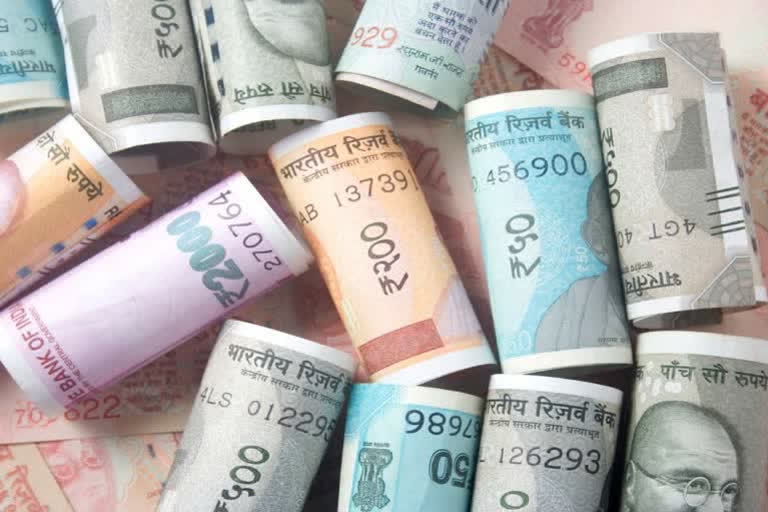Business Desk, ETV Bharat: The year 2020 would long be remembered for how it played havoc with “normalcy” across geographies. Apart from being a health emergency, the coronavirus pandemic unleashed a much bigger financial crisis that engulfed almost everybody.
Businesses were shut, jobs were lost, salaries were cut. On top of it, stock markets plunged, fixed deposit rates dropped, and so did the returns from small savings schemes.
Despite being imbibed with the savings culture, Indians were caught on a wrong foot, mainly because of poor financial planning.
ETV Bharat had a chat with Viral Bhatt, founder of Money Mantra, a financial planning and investment advisory firm, to understand the key lessons one should take from the 2020 shock and what to change when planning the finances for the coming 2021.
1) Create an emergency fund
Bhatt says the one most important thing that 2020 did was to highlight the need to have an adequate emergency fund, which is often advised by financial planners but rarely followed.
Emergency fund is basically a corpus of money which is available at a short notice for any medical or financial emergency. But that does not mean keeping aside cash or accumulating funds in your savings account.
It means investing money in such a way so that it continues to generate decent returns while being in a highly liquid form. Bhatt suggests investing in liquid mutual funds, short-term debt funds and recurring deposits to create an emergency fund.
Also, it is important to know how much amount is sufficient for your emergency fund. Bhatt suggests a thumb rule of having 3-5 times of your monthly income as an emergency fund. For people with good money inflow, this can be raised to 5-6 times of monthly income or 2-3 times annual income, depending on your income stream.
This fund can manage your rents, EMIs, education fees, health bills, etc for a few months if you suddenly lose your job/income without disturbing your long-term planning.
2) Risk planning
Risk planning mainly involves buying adequate health and life insurance cover. Bhatt says the COVID-19 outbreak and the kind of hospital bills it generated made people reconsider the extent of health coverage they need.
He advises people to increase the sum assured of their health policies in 2021 keeping in mind the prevalent medical costs in the country.
Even in terms of life insurance, Bhatt advises people to keep a tab on their HLV, or Human Life Value, which is a number that tells the present value of future income expenses, liabilities and investments, and raise their life cover accordingly.
3) Asset Allocation
This year was extremely volatile for various asset classes – be it equities, debt or gold.
The bloodbath on Dalal Street in the initial months of lockdown eroded lakhs and crores of investors’ money. The bond market also saw outflows of a massive $14 billion this year. Gold and silver prices spiked, but the upturns and downturns were sudden and sharp.
Bhatt says the year 2020 led to a “happy realisation” that diversification of investments was indeed important.
As has been the golden rule forever that investors should not put all their eggs in one basket and hedge their risks by parking money in a combination of asset classes.
Considering the fact that the pandemic is still not over and risk continues to run high, making the necessary changes to 2021 financial planning may keep you better protected and equipped to deal with any future mishaps.



